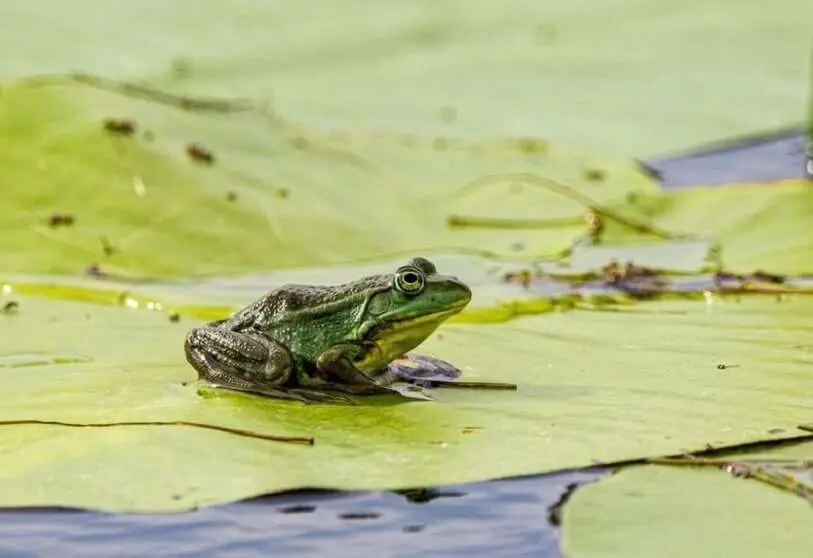Two Latin American initiatives win UN award for their work in favour of nature

A tri-national pact to restore the Atlantic Forest in South America and a plan to restore the Central American Dry Corridor received special recognition from the UN for their work to repair nature. The projects are among ten innovative initiatives from different regions of the world that received awards at the United Nations Biodiversity Conference (COP15) in Montreal, Canada.
Having been declared Global Restoration Flagship Initiatives, the projects are eligible for support, advice or funding.
The common goal of the ten initiatives is to rehabilitate more than 68 million hectares of degraded areas, a territory larger than Myanmar, France or Somalia, and to create 15 million jobs.
The awards are part of the UN Decade of Ecosystem Restoration, a global movement coordinated by the United Nations Environment Programme (UNEP) and the Food and Agriculture Organisation (FAO) to prevent and reverse the degradation of natural areas around the world.
Transforming the relationship with nature
At the awards ceremony, UNEP's executive director said that transforming people's relationship with nature is "the key to reversing the triple global crisis of climate change, loss of natural resources and biodiversity, and pollution and waste".
Inger Andersen added that the initiatives show that political will, science and collaboration across borders can forge a more sustainable future not only for the planet, but for people.
Also attending the event, FAO Director-General Qu Dongyu said the award-winning initiatives inspire learning to restore ecosystems and achieve better production practices, better nutrition, better environment and better lives for all, leaving no one behind.
Atlantic Forest
The Trinational Atlantic Forest Pact, the first initiative concerns the rehabilitation of this ecosystem, which used to cover a considerable swathe of Argentina, Brazil and Paraguay and which has been reduced to fragments after centuries of logging, agricultural expansion and city building.
For this reason, hundreds of organisations have been working for decades to protect and restore forests in all three countries. Their programmes focus on creating wildlife corridors for endangered species such as the jaguar and the golden lion tamarin, securing water supplies for people and nature, countering the impacts of climate change and building resilience to them, and creating thousands of jobs.
To date, 700,000 hectares have been restored out of a target of 1 million hectares set for 2030 and towards the second target of 2050, which set a total of 15 million hectares.
Dry Corridor
The Dry Corridor initiative takes as its starting point the high vulnerability to climate change of ecosystems and the human populations that inhabit them, particularly due to their exposure to unpredictable rainfall and heat waves. Thus, 2019 marked the fifth year of drought, which placed 1.2 million people in need of food aid.
The project is to build on traditional agricultural methods to build the productivity of landscapes, including their biodiversity.
According to this model, agroforestry systems that integrate tree cover with crops such as coffee, cocoa and cardamom increase soil fertility and water availability, as well as sustaining much of the biodiversity of the original rainforest.
The initiative aims to add 100,000 hectares under restoration and create 5,000 permanent jobs by 2030.
The programme covers six countries: Costa Rica, El Salvador, Guatemala, Honduras, Nicaragua and Panama.
The other eight award-winning initiatives are: marine restoration in Abu Dhabi; the Great Green Wall in Burkina Faso and Niger; the regeneration of the Ganges River in India; mountain restoration in Rwanda and Uganda; the restoration of unique systems in the Comoros, St Lucia and Vanuatu; the Altyn Dala conservation initiative in Kazakhstan; the construction of natural structures to protect mangroves in Java, Indonesia; and the Shan-Shui initiative, which combines 75 projects in China.








